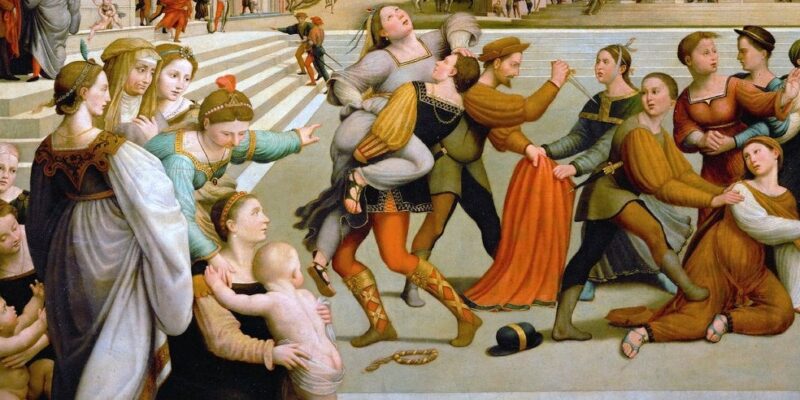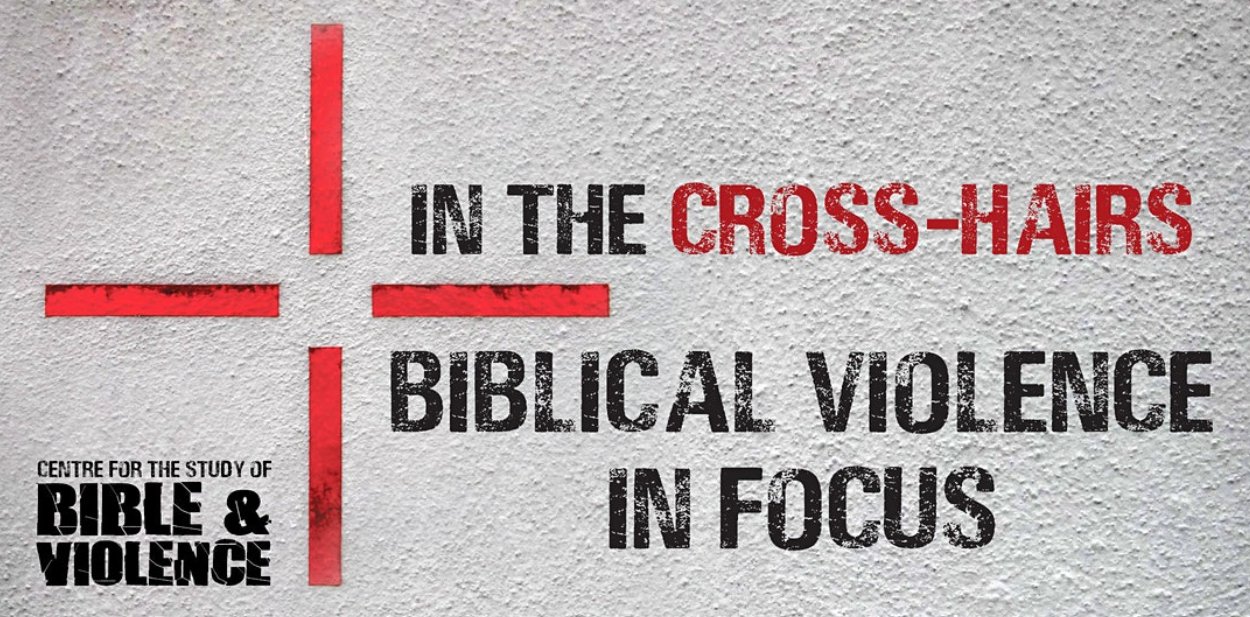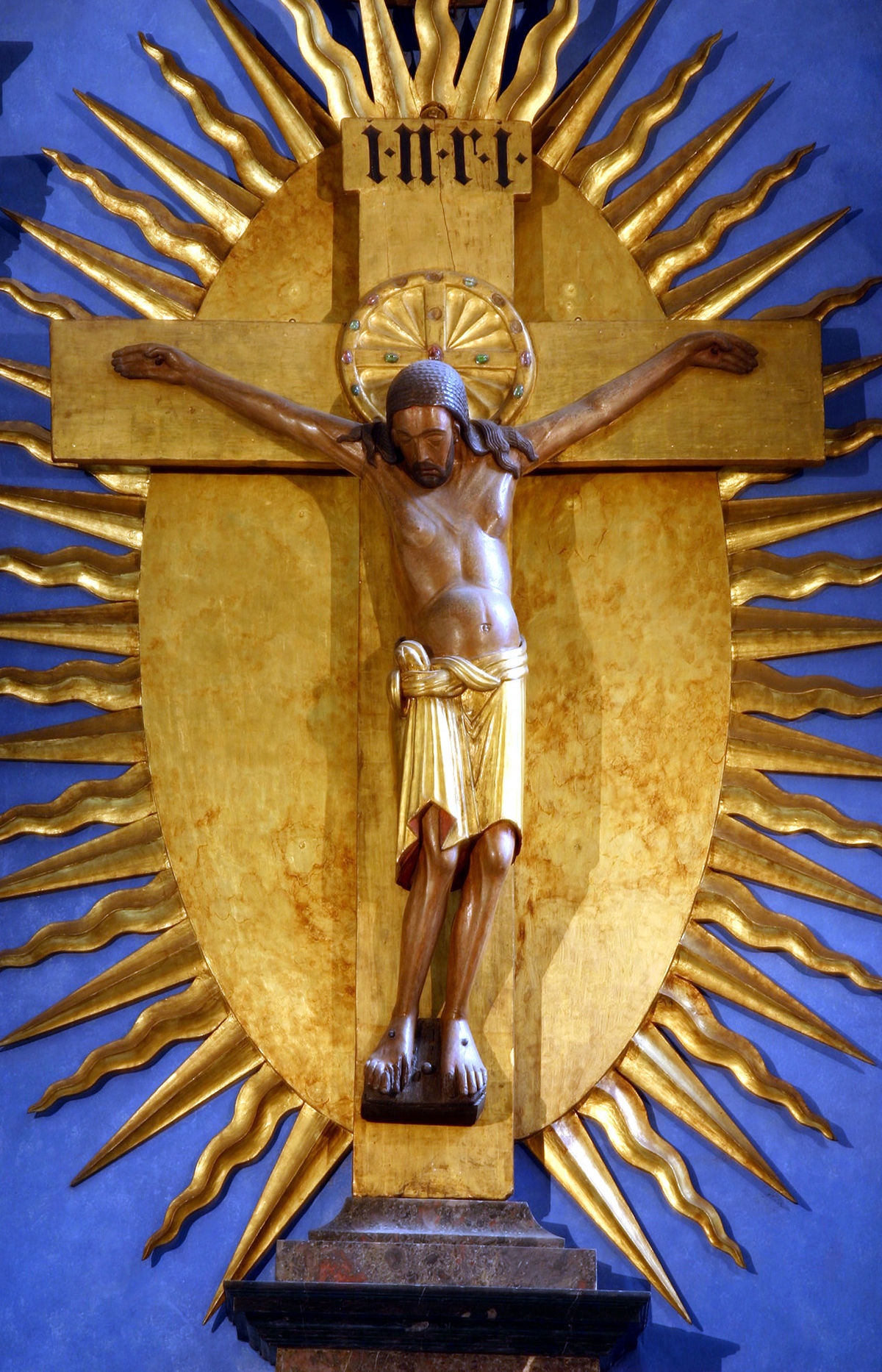This is a summary of a paper presentation that was originally made as a contribution to a short series hosted by the Centre for the Study of Bible and Violence, called In the Cross Hairs: Biblical Violence in Focus, to support emerging scholarship on biblical texts that deal with, or respond to, violence. I summarized the other papers from this symposium in a blog entitled, Sitting in on a Symposium at “Centre for the Study of Bible and Violence.” However, this paper demanded a bit more attention since I was particularly moved by the topic and appeal made by the author, Siobhán Jolley, a doctoral candidate at the University of Manchester.
Jolley’s paper, entitled Asking for it? Lessons from Mary Magdalene in a Culture of Sexual Violence explored negative attitudes toward female sexuality in the Magdalene Myth that directly affected Christian purity culture.
Mary Magdalene was the name identified for one of the women who traveled with Jesus. She is particularly referenced in narratives associated with the Passion of Christ in the New Testament Gospels. There are not many details about Magdelene, but she is often identified with the woman’s narrative from whom seven demons were ejected (Luke 8.2). She is also affiliated with imagery of sin. Western Medieval Christianity associated Mary Magdalene with the Mary of Bethany who washed Jesus’s feet with expensive perfume (John 12.1-8). Both the actions and the ownership of the perfume were seen as evidence of an immoral livelihood. Indeed, it is these portrayals that have earned Mary Magdalene the eternal reputation of the harlot.
Jolley’s presentation pointed out a failure to separate action from an identity that is then carried into artistic portrayals, which perpetuate the Magdalene Myth. For example, one thing recorded as certainty in the Gospels is that Mary Magdalene was among the first to witness the resurrected Christ (Mark 16:1–8, Matthew 28:1–10, John 20:1–10). However, despite this great honor, artists throughout time have rendered Magdelene as gazing lovely at the risen Jesus, her hair loose, and her breasts uncovered—the unvirtuous woman.
Jolley read this prejudice against Mary Magdalene as a form of sexual violence given the patriarchal tendency to reduce all issues of sexuality to a matter of purity. Even though Mary Magdalene is recorded as a Saint, her identity as a sexual sinner keeps her an outsider to Christian society.
Two Marys, Two Saints
Jolley’s presentation suggested that Mary Magdalene is portrayed opposite the Virgin Mary. Both are Saints, but one is an outlier, and one an insider. This binary interpretation sends a message to Christian women about purity culture. If you cannot fit neatly into sexual purity expectations, conforming to the Virgin Mary, you fall as an outsider with the whore Mary Magdalene. The irony of such a dichotomy is the impossibility of being the Virgin Mary, who was concurrently Virgin, Mother, and Wife. Jolley refers to this as a ridiculous demonstration of impossible purity, where sexual violence and physical and psychological trauma are overlooked. In fact, there may be an underlying implicit suggestion that sexual violence may be acted upon outliers without consequence. Just as the identity of the Magdalene has not been redeemed, so the outliers “cannot be spoiled by further damage.” Jolley recommended that this view be corrected to support the return of female agency in purity culture.
Jolley’s paper sought to redeem the Magdalene Myth. Mary Magdalene’s identity is never described in terms of a man. She is her own person in the narrative. Her elevation should supersede her outlier status in witnessing the resurrected Christ. Yet, her status as an outsider has defined her low station as unredeemable. Her violators are neither shamed nor judged because her status cannot be lower.
The received version of Mary Magdalene demonstrates how sexual perception is a brand of exclusion. Victim blaming and slut-shaming are promoted by how Magdalene has been remembered. This practice has fueled a commonly recurring myth that women who are raped must be promiscuous.
Siobhán Jolley’s presentation forces us to examine public views of sexuality and purity culture. She challenges assumptions of bias that fail to hold perpetrators of sexual violence accountable. The acceptance of the Magdalene Myth that the outlier will never become the inlier is un-Christian, yet it is an idea spread throughout Christianity.
As a woman raised in Christian purity culture, I identified greatly with the teachings influenced by Siobhán Jolley’s presentation. Her paper caused me to think through my own upbringing, the things I was taught, the books my friends read, and mostly, how I will choose to teach my daughter about sexual ethics and social responsibility.
As it is, purity culture offers a dangerous message for young women. It is filled with bias against redemption and prejudice against women who have been victims of sexual violence. The passive associations of impurity are problematic. How Christians read and speak about women during the time of Jesus directly impacts how we perceive purity. This is only one aspect of the vast topic of purity culture. I am grateful to Siobhán Jolley for opening the door to such a subject through the single topic of Mary Magdalene.
About this event
The Centre for the Study of Bible and Violence (CSBV) is based in Bristol, UK. This is the first year of online conferences. Read about #CSBV presentations. Also, read about other academic conferences.

Dr. Erica Mongé-Greer, holding a PhD in Divinity from the University of Aberdeen, is a distinguished researcher and educator specializing in Biblical Ethics, Mythopoeia, and Resistance Theory. Her work focuses on justice in ancient religious texts, notably reinterpreting Psalm 82’s ethics in the Hebrew Bible, with her findings currently under peer review.
In addition to her academic research, Dr. Mongé-Greer is an experienced University instructor, having taught various biblical studies courses. Her teaching philosophy integrates theoretical discussions with practical insights, promoting an inclusive and dynamic learning environment.
Her ongoing projects include a book on religious themes in the series Battlestar Galactica and further research in biblical ethics, showcasing her dedication to interdisciplinary studies that blend religion with contemporary issues.





Thanks so much, Erica!
Love your work and the questions you are raising about purity culture and Christianity! Also, I enjoyed your more recent presentation on Fleabag S2 and Mary Magdelene at SBLAAR20.